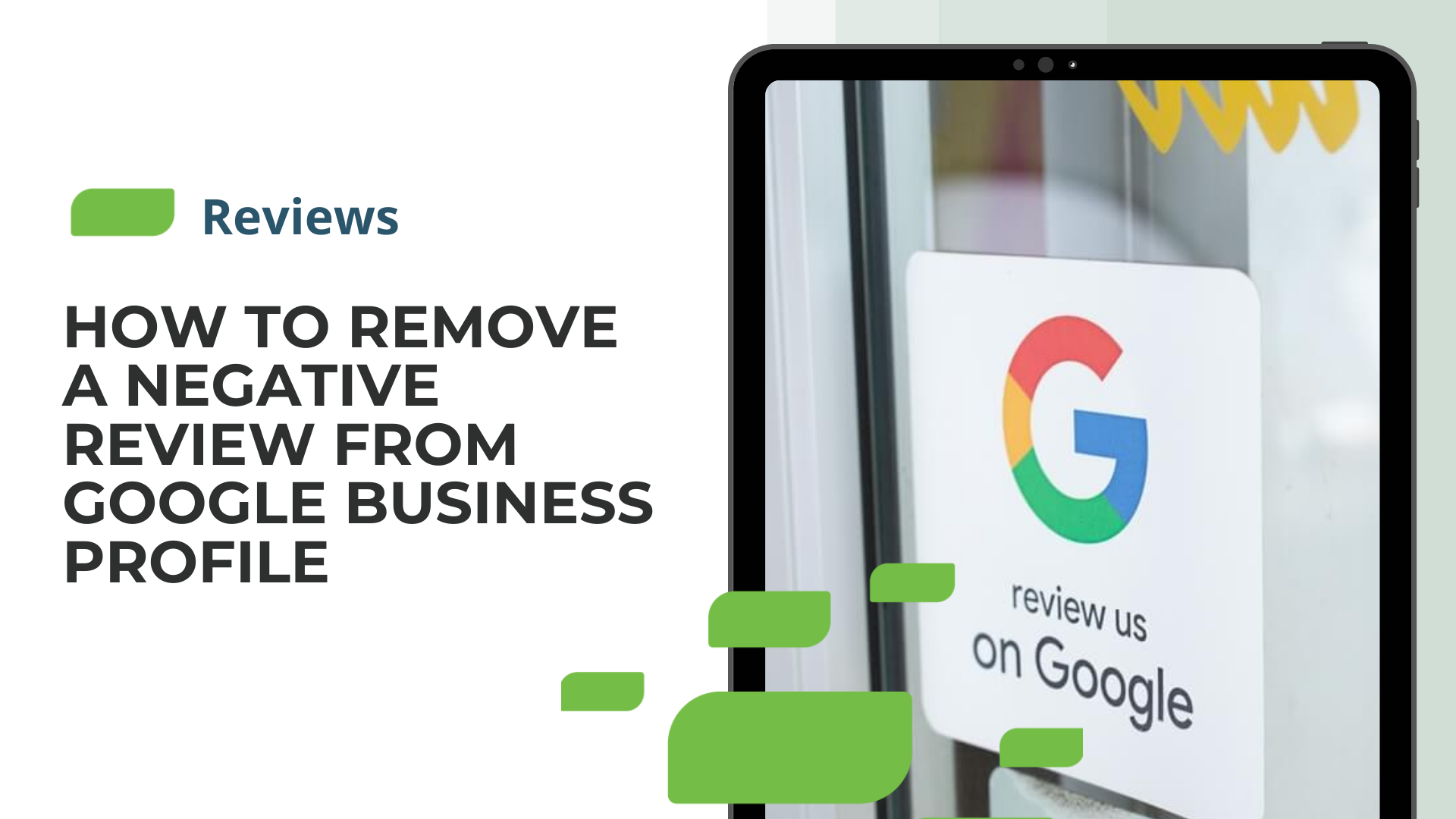How to Handle Difficult Reviews
How to Handle Difficult Reviews
Most advice regarding how brands should manage online reviews focuses on tracking review sentiment or replying to dissatisfied customers. But what happens when a review requires more than just a brief online response? How should brand marketers handle the most difficult reviews?
One of the reasons why brand marketers should track review activity each day is to flag potentially troubling or difficult reviews. Given the real-time nature of social media, waiting a matter of weeks to react to a negative review can damage consumer perception of your brand and hurt your star ratings, which is a competitive factor in search.
Difficult reviews are those reviews that contain inflammatory language, abusive language or threaten legal action. While public responses are the standard when replying to most online reviews, these difficult posts should sometimes not be responded to publicly.
Just because you’re not responding publicly doesn’t mean you should be ignoring the post. Difficult reviews should never go unanswered for more than 48 to 72 hours. While nobody expects your team to respond immediately to every review that’s posted outside of business hours, reviews that fall into the “difficult” category should be flagged.
Certain reviews involve situations that need to be escalated. Maybe the customer didn’t get an item that he ordered, and the brand wants to provide a toll-free number where the customer can get a refund. Even more difficult reviews might contain serious claims that could damage the brand’s reputation, or they might threaten legal action.
If a review violates the terms and conditions of the website it is published on, a brand’s best course of action is to request that the website’s publisher remove the review.
(Click here to see Yelp’s content guidelines and here to see Google’s.)
In addition to flagging difficult reviews, brand marketers should be notifying the appropriate internal teams. These teams can offer guidance on how to respond to the complaint and advice on the best resolution channels for the particular issue.
Brands with multiple locations will sometimes need to get store managers involved, as well. Store managers can add context to specific situations. Handling difficult reviews can also be a learning opportunity for store managers, who may not otherwise be aware that a particular problem exists.




